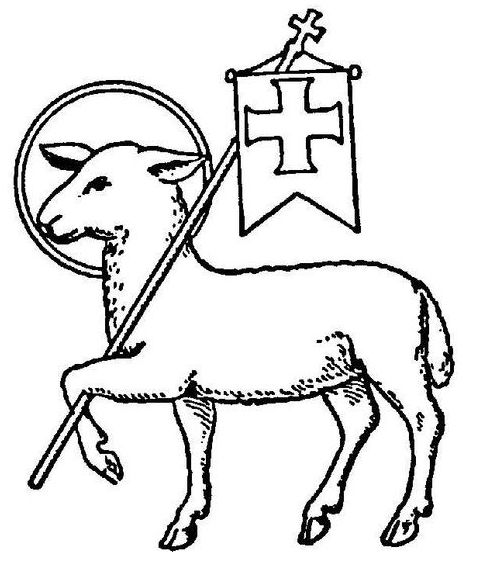Esther Meek has done some fascinating work, here is a lecture on her work which she labels “Covenant Epistemology”.
Month: June 2015
Knowing As Relation
“To know something or someone in truth is to enter troth with the known, to rejoin with new knowing what our minds have put asunder. To know is to become betrothed, to engage the known with one’s whole self, an engagement one enters with attentiveness, care, and good will. To know in truth is to allow one’s self to be known as well, to be vulnerable to the challenges and changes any true relationship brings. To know in truth is to enter into the life of that which we know and to allow it to enter into ours. Truthful knowing weds the knower and the known; even in separation, the two become part of each other’s life and fate . . . [T]ruth involves entering a relationship with someone or something genuinely other than us, but with whom we are intimately bound . . . Truth requires the knower to become interdependent with the known. Both parties have their own integrity and otherness, and one party cannot be collapsed into the other . . . We find truth by pledging our troth, and knowing becomes a reunion of separated beings whose primary bond is not of logic but of love.” -Parker Palmer, “To Know As We Are Known: A Spirituality Education”
Proper Function and Religious Pluralism
Excellent introduction to Alvin Plantinga’s epistemology.
 Philosopher Alvin Plantinga has put forth notable ideas in both epistemology and philosophy of religion. Plantinga’s epistemology is foundationalist but it is novel by the fact that it relies on what he calls proper functionalism. His primary work in epistemology can be seen in his books Warrant: The Current Debate (WCD), and Warrant and Proper Function (WPF). However, in his book Warranted Christian Belief (WCB), he examines the intersection between philosophy of religion and epistemology. In this third book, Plantinga argues that a person can have belief in God without argument or evidence and still have rational grounds in their belief. Many objections are raised against Plantinga’s proper functionalism, the most notable being the issue of religious diversity. In this paper I will be explaining the de facto and de jure objections to religious belief, Plantinga’s arguments against classic epistemic positions, the role of warrant and proper function, and what…
Philosopher Alvin Plantinga has put forth notable ideas in both epistemology and philosophy of religion. Plantinga’s epistemology is foundationalist but it is novel by the fact that it relies on what he calls proper functionalism. His primary work in epistemology can be seen in his books Warrant: The Current Debate (WCD), and Warrant and Proper Function (WPF). However, in his book Warranted Christian Belief (WCB), he examines the intersection between philosophy of religion and epistemology. In this third book, Plantinga argues that a person can have belief in God without argument or evidence and still have rational grounds in their belief. Many objections are raised against Plantinga’s proper functionalism, the most notable being the issue of religious diversity. In this paper I will be explaining the de facto and de jure objections to religious belief, Plantinga’s arguments against classic epistemic positions, the role of warrant and proper function, and what…
View original post 2,652 more words
Pneumatology
Working on a paper for Pneumatology, I’ve just recently started listening to Lord Huron. This song is fantastic.

